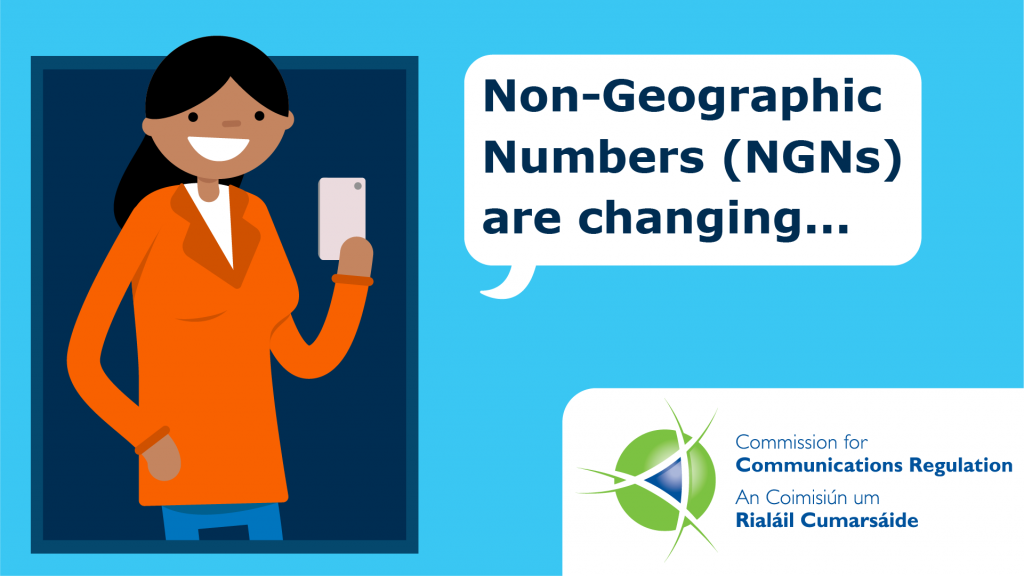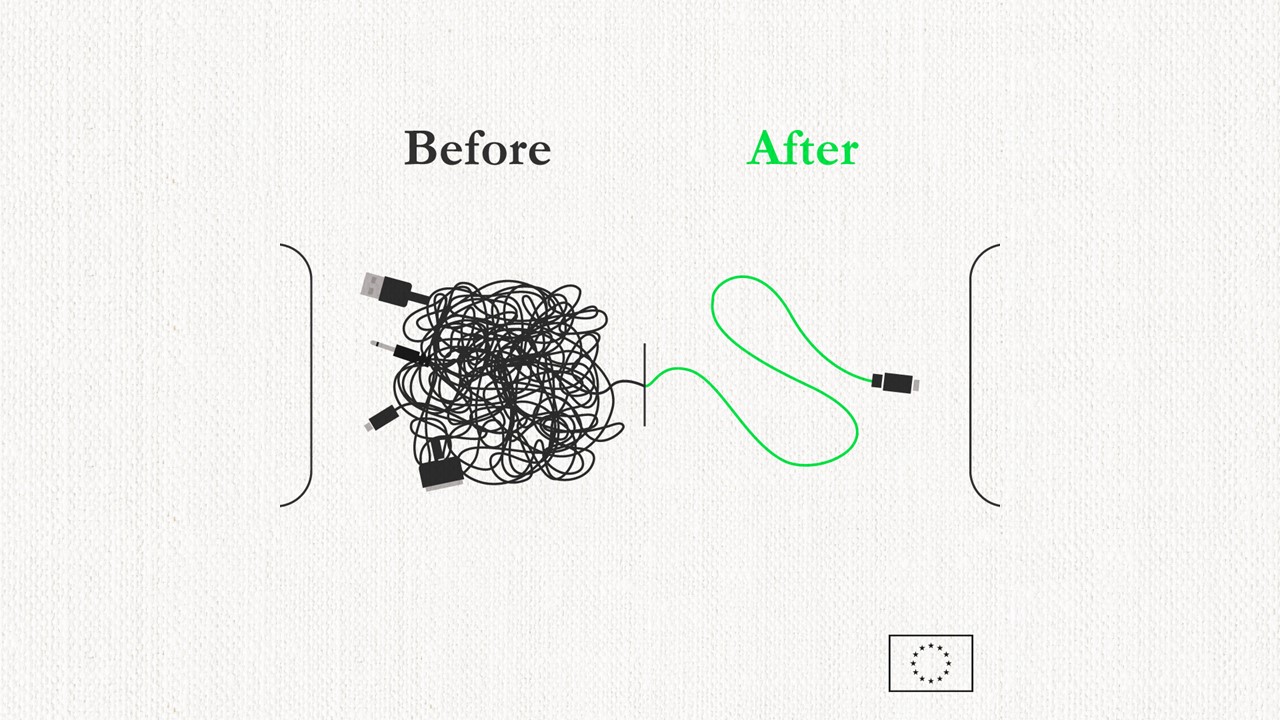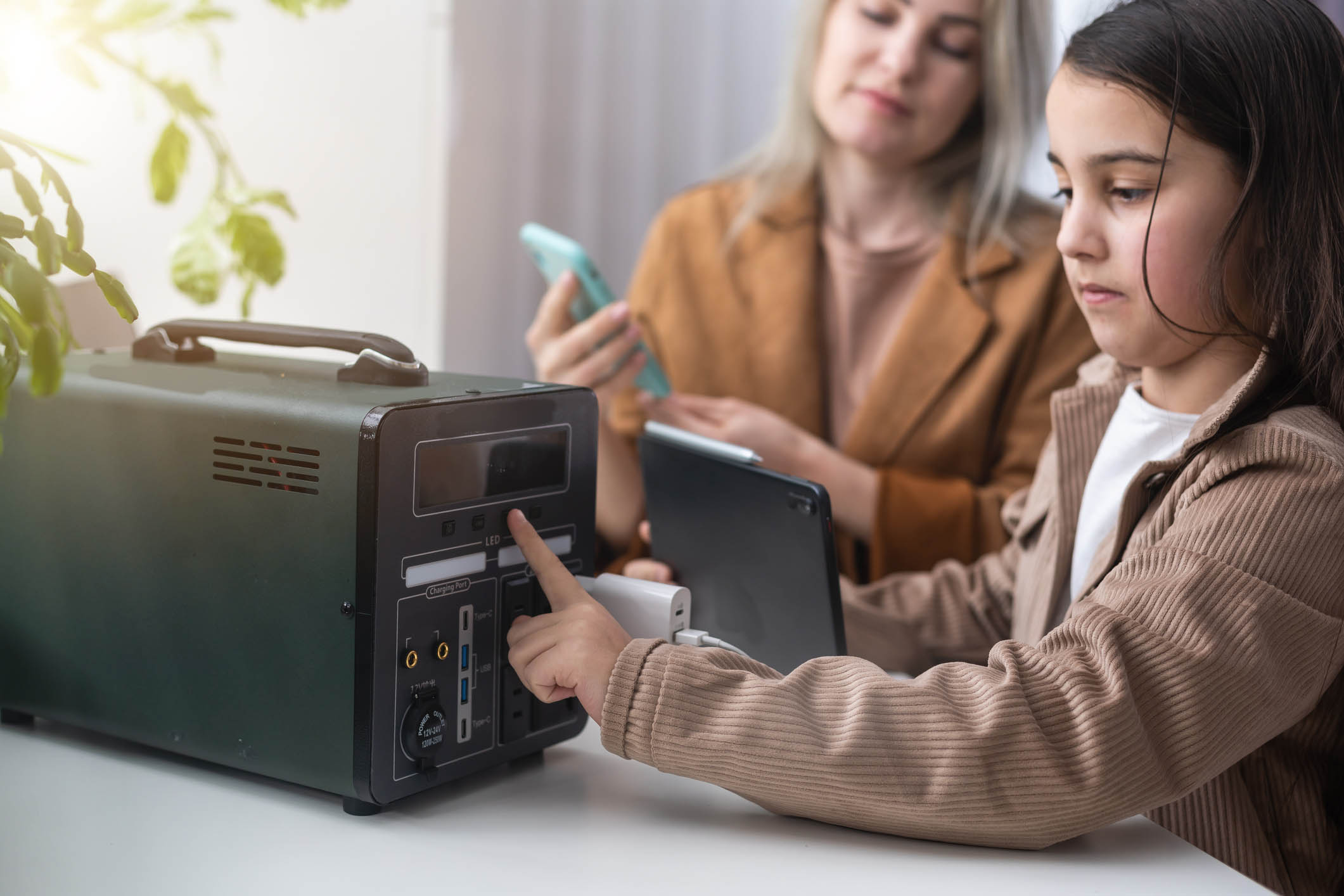
ComReg has introduced measures that will reduce the costs for businesses and charities offering ‘1800’ Freephone numbers to users of their services.
Calls to 1800 Freephone numbers are free to the caller, however, for business and organisations who offer services and helplines over 1800 Freephone numbers it has been very costly to provide such services on 1800 Freephone numbers. The costs of providing services on 1800 Freephone numbers is due, in part, to high operator-to-operator charges levied by telephone network operators.
ComReg has decided to set the rates that network operators can charge to originate a call to an 1800 Freephone number to a maximum of 0.87 cents per minute from fixed network or 1.62 cents per minute from a mobile network. These new rates will be effective from 1 May 2020. The rates comprise a significant part of the costs charged to organisations using 1800 Freephone numbers and had previously been as high as 34 cents per minute.
As the costs of offering Freephone services will be reduced significantly, more businesses and charities will be able to opt to use 1800 Freephone numbers for their services and helplines. Currently, businesses, charities and providers of important services in Ireland may be averse to using 1800 Freephone numbers due to the costs associated with offering them.
The effect of ComReg’s decision will mean a significant reduction in the cost for businesses, charities and providers of important services in Ireland who offer services using 1800 Freephone numbers. The cost of making an 1800 Freephone call remains free for callers from landline and mobile – with more businesses, charities and providers of important services using 1800 Freephone numbers, callers will be encouraged to use them more frequently, making these important services even more accessible.
Transparency and consistency around the rates for 1800 Freephone numbers will bring clarity to the market and allow organisations to compare 1800 offers. On average, up to 280 million calls are made annually to NGNs and it is anticipated that this Decision will allow more organisations to offer 1800 Freephone numbers to their customers and callers – particularly those who offer important services and helplines.
ComReg Chairperson and Commissioner, Garrett Blaney, said: “1800 Freephone numbers provide access to important services for many people in Ireland, from mental health and child protection helplines, through to banking and other customer service helplines. ComReg has undertaken an extensive analysis of Non-geographic Numbers (NGNs), including 1800 Freephone numbers, which showed that an estimated 44% of organisations would consider using NGNs in future if the organisation costs reduced. By making 1800 Freephone numbers a more cost-effective option, we hope that we will see more organisations use this NGN range which will allow their callers to access services for free.”
Liz Hughes, CEO of Charities Institute Ireland, explained why this change is important commenting: “Many of our member charities provide helplines for some of the most vulnerable people in Irish society and to individuals who need advice and support in challenging circumstances. It is essential that these services can be provided as cost effectively as possible, for both the organisation and the caller. This move will allow more charities to use Freephone numbers, making these vital services even more accessible for those that need them most.”
Links:
ComReg Publications: comreg.ie/publications
NGN Organisation Study: ComReg 17/70c
More information about NGNs: comreg.ie/ngn






